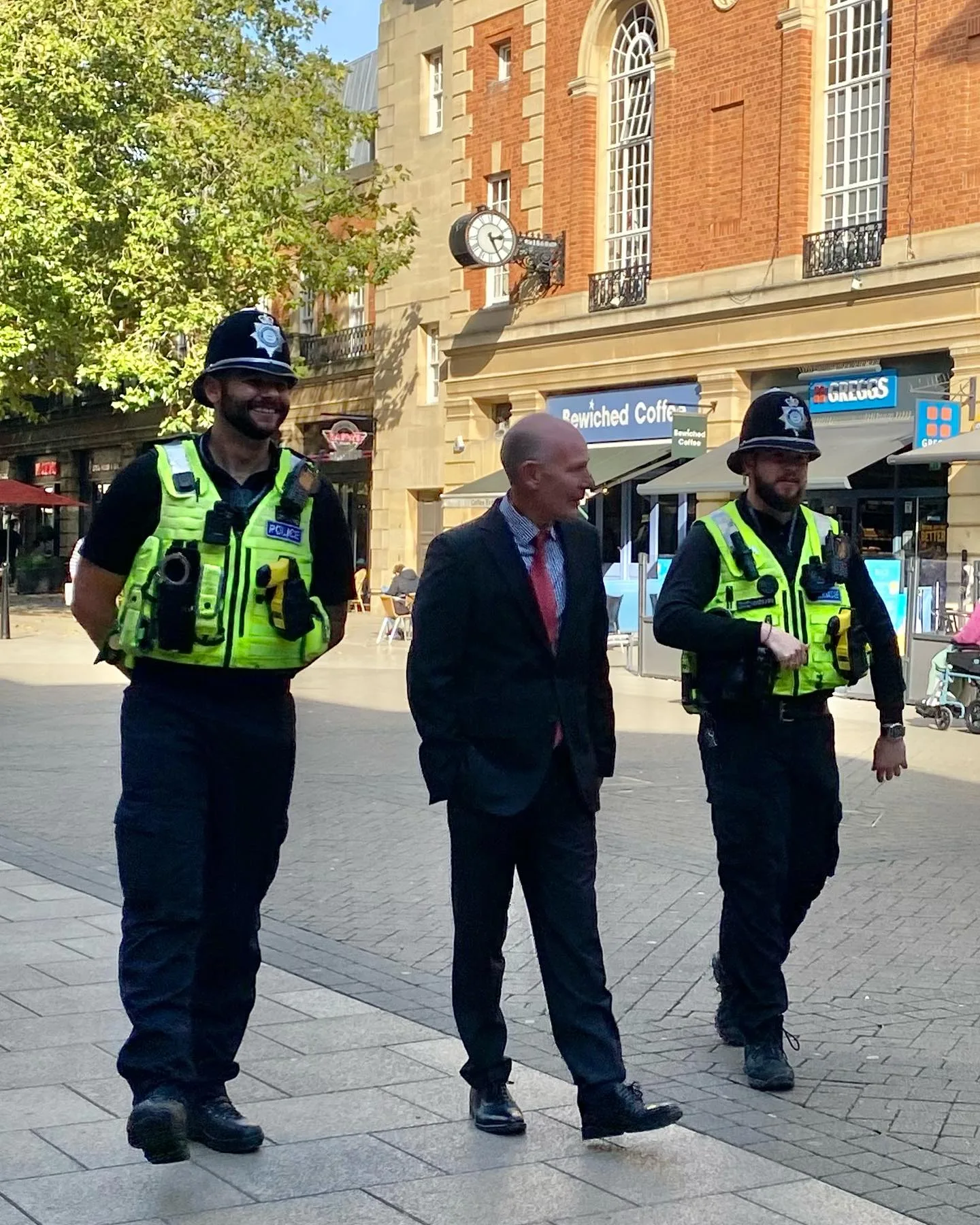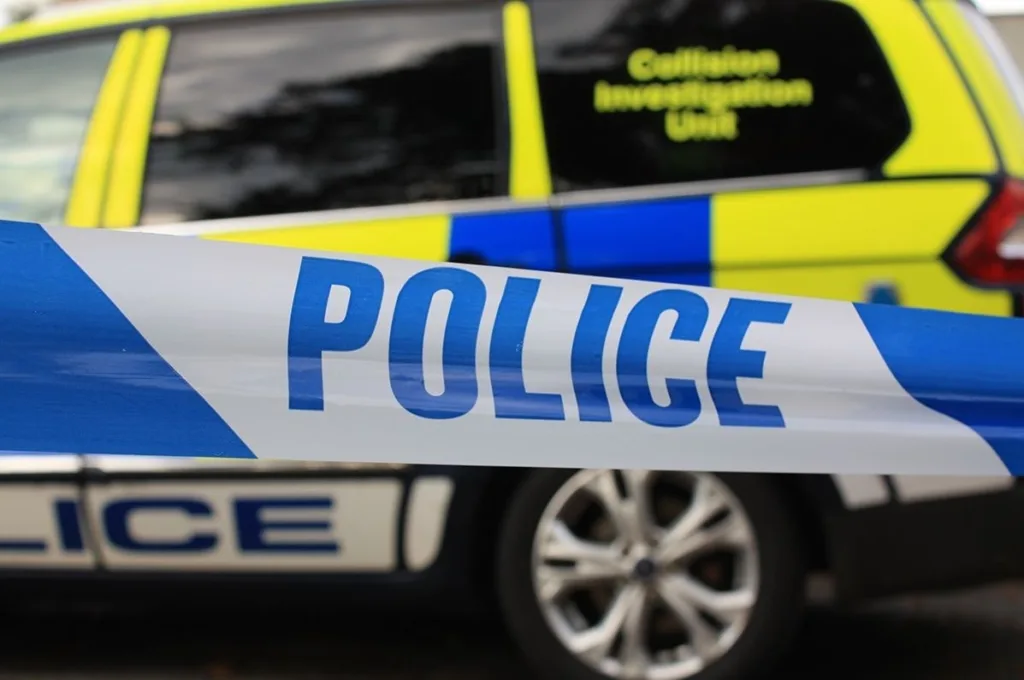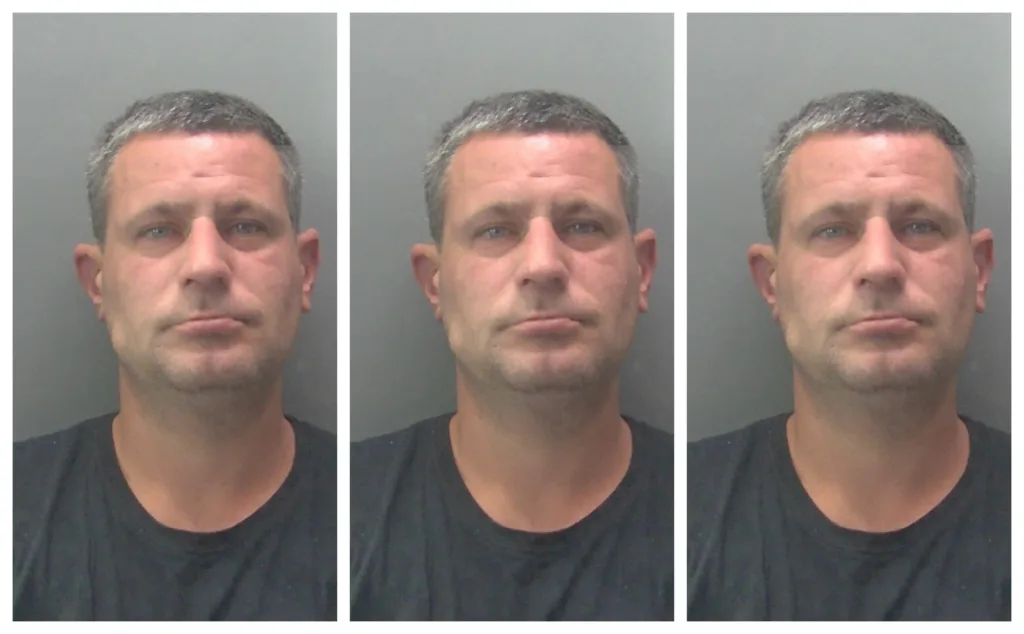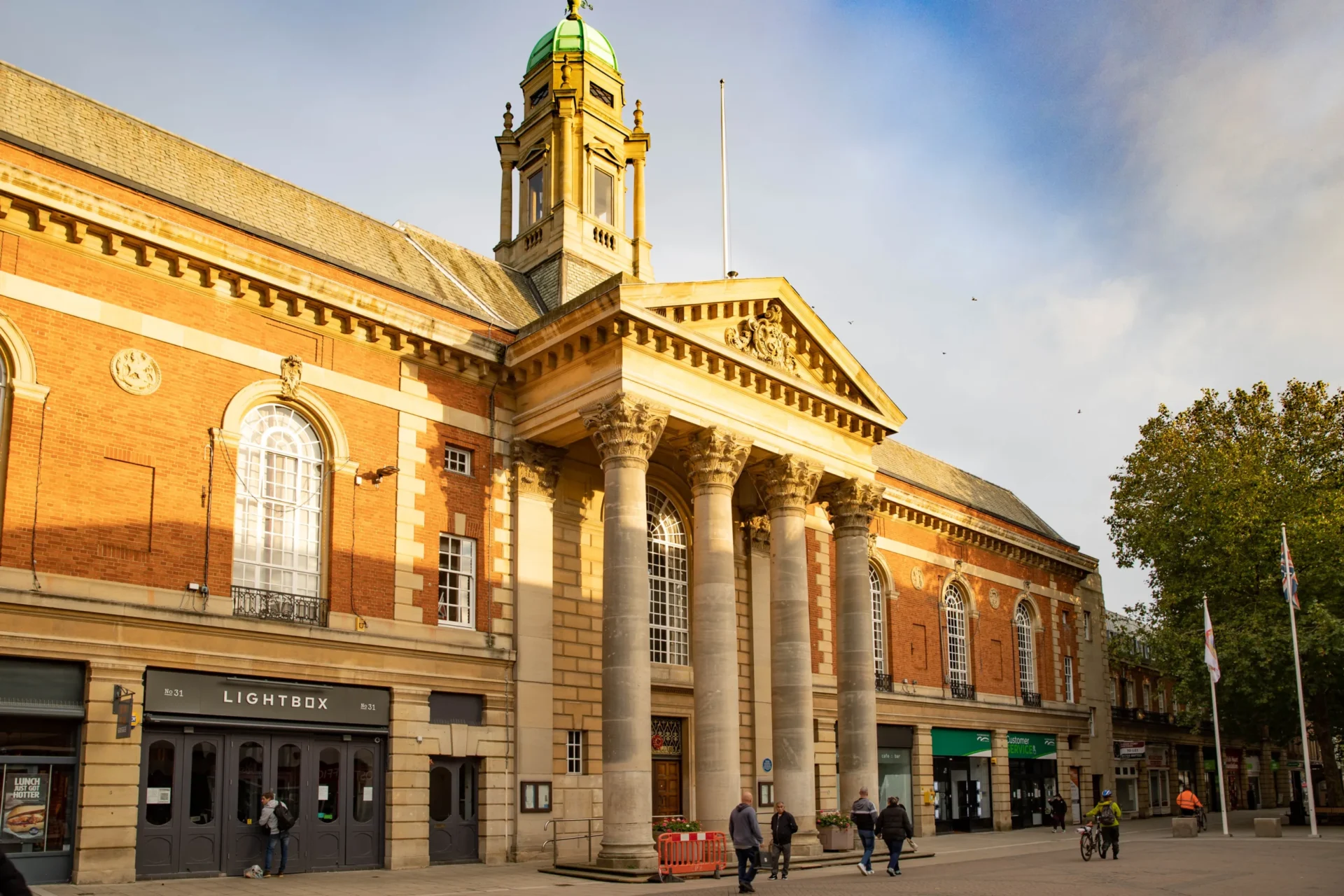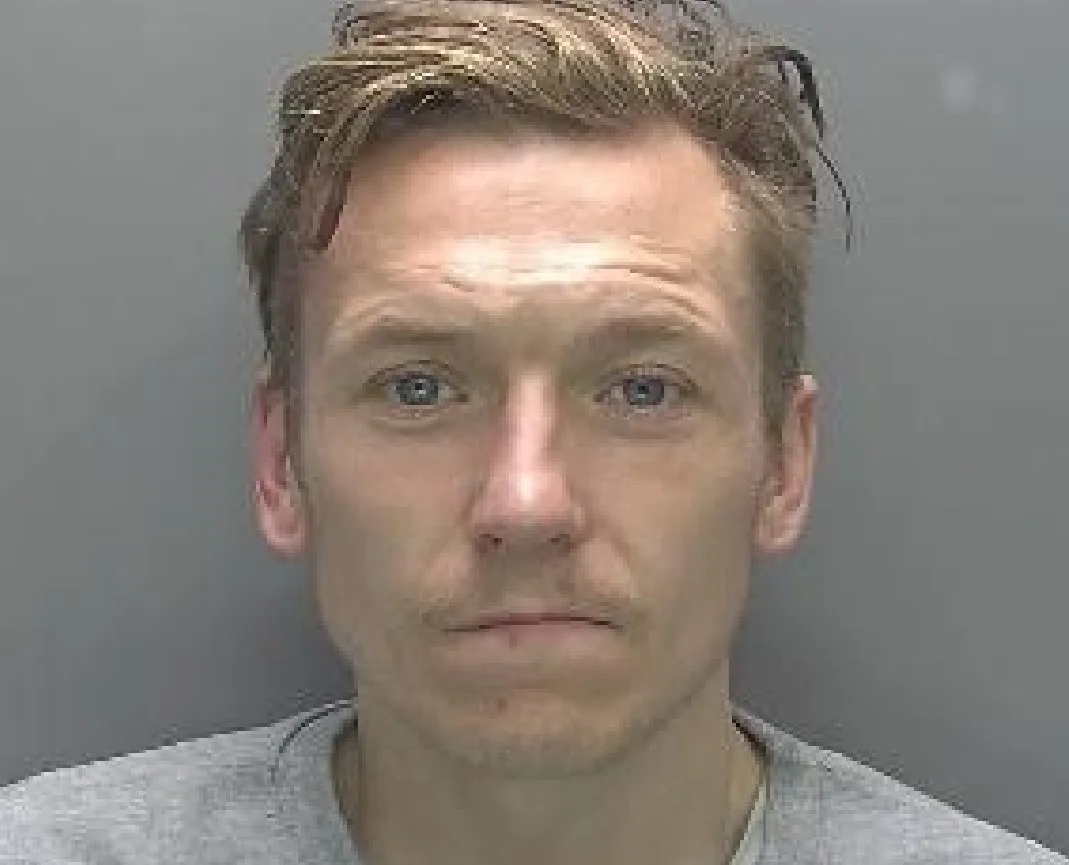300 cases of rape remain under investigation by Cambridgeshire police, but a new report reveals this is the lowest “for several years”. And Cambridgeshire is also being lauded for achieving the highest rate of rape convictions across England and Wales.
The number of live rape investigations now sits at under 300 (from a high of 438) the
lowest for several years says a report to go to the Cambridgeshire Police and Crime Panel on November 27.
“The rape detection rate in September was 8 per cent and the rolling average as of November 6th is 6.2 per cent,” says the report.
“This is an improving position but still a cause of concern amongst CJ (criminal justice) partners and the public.
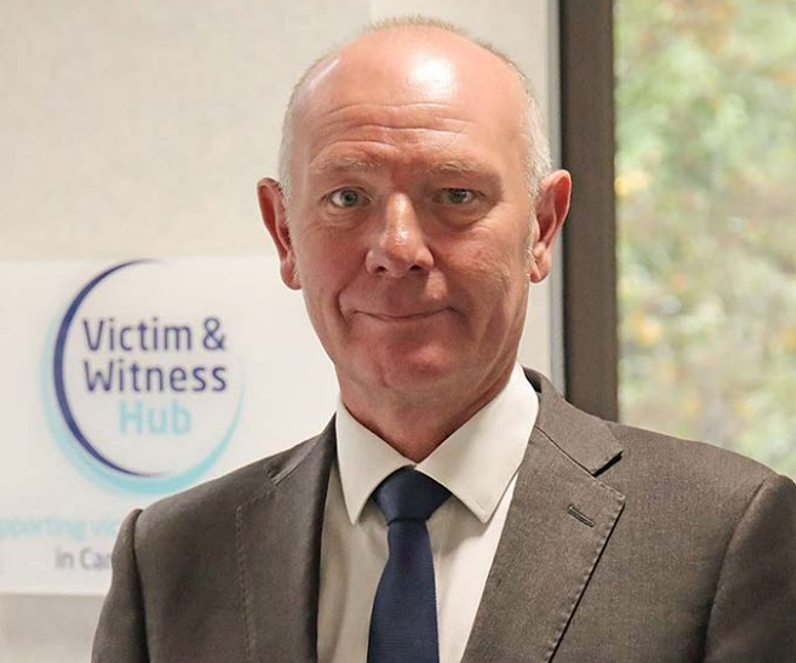
Crown Prosecution Service (CPS) data from quarter 2 of 2022/23 to quarter 1 of 2023/24 shows that, compared to all other force areas in England and Wales, Cambridgeshire recorded the highest percentage of adult rape convictions (based on adult rape flagged prosecution outcomes), at 77.8 per cent.
Police and Crime Commissioner Darryl Preston will present the report to the panel.
He said it provides the Cambridgeshire Police response overview of its approach to Operation Soteria, the police and CPS programme to transform the investigation and prosecution of rape and improve outcomes.
His report says: “Cambridgeshire Constabulary has been enhancing and improving its approach investigating and prosecuting rape for the past two years following the Government’s ‘End to End Rape Review’”.
He says the report provides “a landscape view of the totality of work already carried out by the Constabulary and partners – not limited to the CPS”.
Mr Preston says Cambridgeshire launched Project Eleos which became one of four elements of the force’s Violence Against Women and Girls (VAWG) strategy.
“This gave Cambridgeshire a two-year head start on the transformational change required under the recently launched Operation Soteria,” he says.
“Locally work comes under six workstreams which encompass all elements of the Operation Soteria framework”.
Examples of such work include:
- Putting victims at the heart of the investigation.
- Seeking and acting upon feedback from victims on their experience of reporting rape.
- A focus on the behaviour of the suspect and their actions rather than those of the victim and challenging victim-blaming language.
- Early intervention and prevention through Safer Streets bids and a proposal which trains additional staff in the night-time economy to spot the signs of predatory behaviour.
- Better joined up working with the police and CPS to improve the victim’s journey through the criminal justice system.
- Appointment of police staff researchers in the rape investigation team who can help with building investigation case files and speed up their submission to CPS.
- Taking a trauma-informed approach to communication with victims – all ‘Protecting Vulnerable People’ staff have been trained and this will now be rolled out across the force.
All formal communication is written/delivered in a trauma informed way in partnership with support services.
As a result, the number of challenges to NFA decisions, (called Victim’s Right to Review) has dropped by 25%.
- Proactive and effective multi-agency management of suspects and offenders where the offence happened in an intimate partner relationship through the Domestic Abuse Perpetrator Panel.
- Improved use of civil orders to manage risks posed by the perpetrator guided by more robust data.
- Improvements in digital forensics through new technology – victims’ phones can now be returned in most cases within 24 hours. Cambridgeshire sits fourth in the country for meeting this important aim.
- Training for up to 500 non-specialist officers and improved support and wellbeing offers for staff investigating rape and serious sexual offences – absence rates in the Rape Investigation Team is now one of the lowest in the force.
BACKGROUND
The Police and Crime Panel provides checks and balances on the work of the Police and Crime Commissioner (PCC).
The Panel does not scrutinise Cambridgeshire Constabulary; it scrutinises how the PCC carries out his statutory responsibilities. While the panel is there to constructively challenge the PCC, it also has a key role in supporting the commissioner in his role in enhancing public accountability of the police force.
The panel is made up of 11 elected councillors from local authorities across Cambridgeshire and Peterborough and two independent members.


